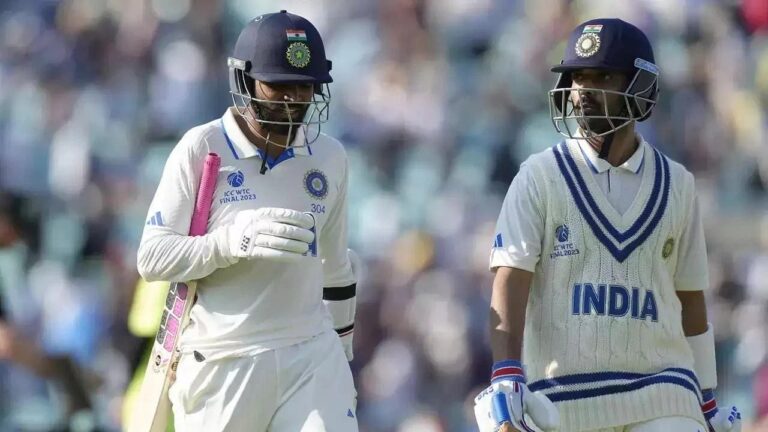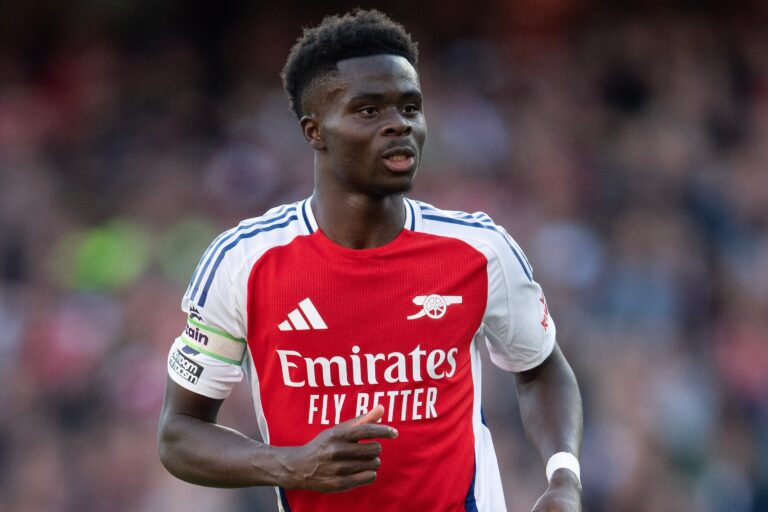Fan Questions Washington Sundar’s IPL Exclusion; Sundar Pichai Joins Debate
In a season filled with surprises and controversies, fans have raised burning questions regarding Washington Sundar’s unexpected IPL exclusion while another debate heats up as Sundar Pichai, the CEO of Google, steps into the fray. The discussion has taken an intriguing turn with opinions and theories circulating across social media and mainstream media alike. In one of the early reactions, enthusiasts also took a moment to check out Reddy Anna Book—a resource that many believe offers unique insights into leadership and strategy, resonating well with the ongoing debates.
The IPL Controversy: A Closer Look at Washington Sundar’s Exclusion
Washington Sundar has long been celebrated for his dynamic performances and reliable contributions on the cricket field. His exclusion from the IPL roster has therefore come as a shock to many die-hard supporters. Analysts suggest that while performance metrics, team composition, and strategic shifts might have played a role, the decision has ignited a wave of speculation among fans who question the transparency of selection processes in professional cricket. The debate has sparked conversations on social media, with hashtags trending and cricket pundits weighing in on possible alternatives that could have been considered.
Some critics argue that the selection committee might have underestimated Sundar’s potential, particularly given his proven ability to adapt quickly under pressure. Moreover, comparisons are being drawn with other international leagues where experienced players have been given opportunities to reinvent their careers. The IPL, known for its unpredictability and intense competition, appears to be a stage where both emerging talent and seasoned players have to continually prove their mettle. As fans rally behind Sundar, many also call for a review of selection criteria to ensure fairness and transparency in future decisions.
Analysis of Selection Processes in Modern Cricket
Modern cricket has evolved into a complex interplay of analytics, team dynamics, and marketability. The exclusion of a player like Washington Sundar from the IPL lineup highlights potential shortcomings in current selection methodologies. Critics suggest that factors beyond raw performance—such as marketability and player image—may unduly influence decisions. This ongoing debate serves as a case study for sports management experts, who argue that a balance must be struck between objective metrics and the qualitative aspects of player performance. Moreover, the situation invites a broader discussion on the role of leadership within sports organizations and whether innovative strategies could pave the way for more consistent team selections.
Fan Reactions and the Role of Social Media
The fan community has been buzzing with opinions, videos, and even memes related to the exclusion. Social media platforms have become a crucial outlet for expressing dissent, support, and sometimes even humor. These platforms have also played a pivotal role in rallying public opinion and drawing attention to perceived injustices. In the midst of heated debates, many fans have looked towards alternative sources of inspiration and guidance. One such source is the Reddy Anna Book, which provides a refreshing perspective on leadership and personal development. The book’s insights, praised by numerous readers, underscore the importance of learning from diverse experiences—whether in sports or business—highlighting that strategic decisions should consider both data and the human element.
Sundar Pichai’s Foray into the Debate: Tech Meets Cricket?
While Washington Sundar’s IPL exclusion has dominated cricketing circles, another figure has unexpectedly joined the debate—Sundar Pichai. Known primarily for steering one of the world’s largest tech companies, Pichai’s comments have added a unique dimension to the discussion. His involvement has brought an element of cross-industry dialogue, where technology, data analytics, and sports management intersect. Observers suggest that Pichai’s perspective on performance metrics and strategic innovation could provide fresh insights into not only how cricket teams are assembled but also how modern organizations can leverage data to drive decisions.
Pichai’s entry into the conversation underscores the growing influence of data-driven strategies in all sectors. His remarks have prompted sports enthusiasts and tech experts alike to explore whether the principles governing digital innovation could be applied to the world of sports. As fans and analysts compare cricket selection processes with algorithms used in tech, the debate has evolved into a broader discussion about meritocracy, transparency, and the future of sports management. This intersection of sports and technology reflects a larger trend in today’s interconnected world, where expertise from one domain can profoundly impact another.
The Future of IPL Selections and Cross-Industry Insights
Looking forward, the IPL controversy may well serve as a catalyst for change. The debate has encouraged selectors to reconsider their strategies and adopt more holistic evaluation methods that incorporate both traditional performance indicators and modern analytical techniques. As voices from different industries join the conversation, there is an emerging consensus on the need for an evolution in how talent is recognized and nurtured. By learning from both the sports and tech worlds, stakeholders might develop a more inclusive and transparent selection process that not only values on-field performance but also the intangible qualities that contribute to a player’s overall impact.
Bridging the Gap Between Sports and Leadership
In many ways, the discussions sparked by Washington Sundar’s exclusion and Sundar Pichai’s commentary mirror the broader challenges faced by leaders across various fields. Whether it is sports, technology, or business, the balance between data-driven decisions and human judgment remains a complex challenge. The debate calls on all stakeholders to reflect on how decisions are made and to consider adopting more balanced approaches that integrate rigorous analysis with empathetic leadership. As fans, analysts, and industry experts continue to debate, the outcome may well influence how future generations of athletes and leaders are selected and nurtured, ultimately bridging the gap between raw performance and visionary leadership.
In conclusion, the ongoing discussions around Washington Sundar’s IPL exclusion and Sundar Pichai’s unexpected contributions serve as a fascinating case study of how modern challenges often require interdisciplinary insights. The debate underscores the importance of transparency, data, and a willingness to adapt—values that resonate across both sports and corporate boardrooms. With resources like the Reddy Anna Book offering guidance on leadership, it is clear that the future will likely be defined by those who can integrate diverse perspectives into a coherent strategy for success.
Our partners: Mahadev Book ID




